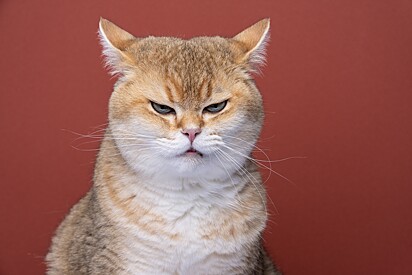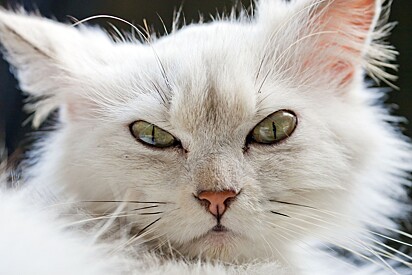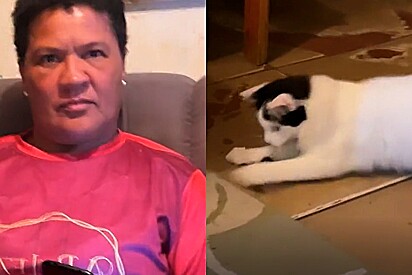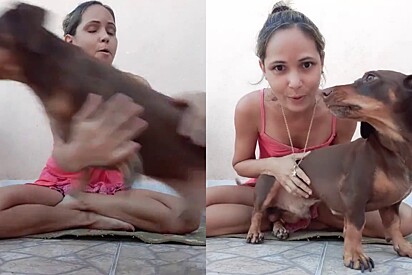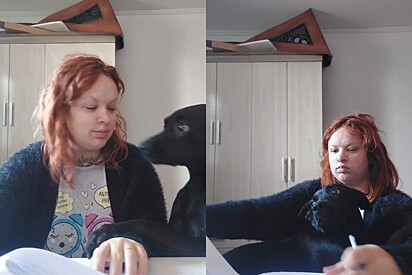Do Cats Keep a Grudge? Animal Behavior Specialist Answers
By Gabriele Tancredo Stella in CatsA very common question among cat lovers is whether cats hold grudges—and the answer is: it depends! Attributing human emotions to cats isn’t exactly correct. After all, they are driven by something more primal than emotion. Keep reading to understand more.
You might be thinking: “Okay, but what about that one time I scolded my cat and he seemed angry with me?” Hold on, let’s take it one step at a time. There is no scientific evidence that felines retain these kinds of feelings the way humans do.
However, that doesn’t mean they don’t feel. In fact, cats have a different way of processing emotions and interpreting situations.
When a negative incident occurs and the cat appears scared or angry, it’s likely reacting out of self-preservation instinct.
What does that mean? The cat may be keeping its distance to avoid the incident from happening again. This doesn’t mean the cat holds a grudge, but rather that it understood a specific action led to a negative consequence.
Maybe you’re also thinking: “But my cat has been misbehaving ever since I scolded him,” or “Every time I leave him alone for a while, I come back to a mess.”
Think about it: are you sure it’s revenge, or could it be behavior linked to a wild cat’s survival instincts?
Main Reasons
A cat may display behaviors considered “bad” for many different reasons. Sometimes, it’s simply boredom or the need to express their instincts, according to veterinarian Vitor Gonçalves Teixeira, an animal behavior specialist.
“Cats have a natural behavioral need to scratch. Besides keeping their nails trimmed, they also mark territory by releasing scents—pheromones—that other cats can detect,” she explains. “If we don’t provide them with an appropriate scratching post, they may redirect the behavior to things like the couch, for example.”
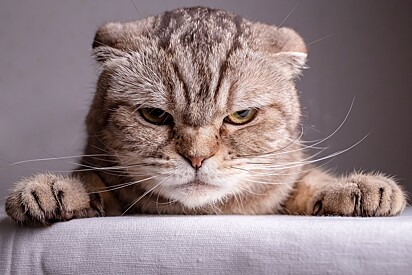
According to Vitor, this doesn’t mean the cat acted out of spite or anger. It means the cat needed to express its natural behavior and found a way to do it.
However, other factors can also lead to this redirected behavior, such as physical changes, health issues, or pain.
Therefore, the veterinary behaviorist must conduct a thorough evaluation—often in collaboration with specialists from other fields—to properly diagnose the issue,” he emphasizes.
In general, environmental enrichment activities are recommended and should be planned with a clear goal in mind.
“We must consider each animal’s individuality and specific needs, and always observe their reactions when introducing any type of enrichment,” he concluded.
Conclusion
Keep in mind that every cat is unique and may respond differently to various situations. It is always advisable to treat cats with kindness and respect to encourage a positive and healthy relationship with them.

